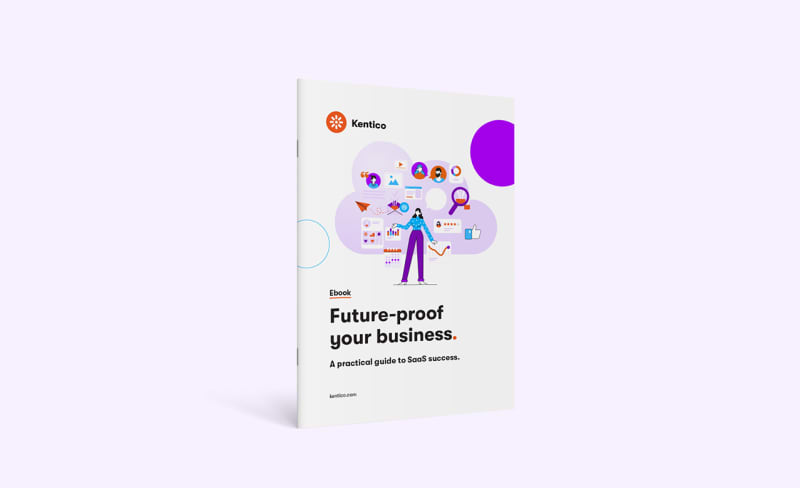Future-proof your business
A practical guide to SaaS success.

Is your current platform costing you time, money and missed opportunities? It's time for a smarter approach.
Our free guide, Future-proof your business: A practical guide to SaaS success, walks you through the real-world benefits of switching to a SaaS digital experience platform and explore why now’s the right time to make the move to a more flexible solution.
Get your copy to see how a secure, scalable SaaS solution can streamline operations, boost agility, and power seamless digital experiences—without headaches.
Here’s what you’ll find in Future-proof your business: A practical guide to SaaS success:
- A clear breakdown of the top business benefits a SaaS digital experience platform
- Straightforward answers to common SaaS concerns—security, customization, cost, and more
- A readiness checklist to help you assess if your business is prepared to make the switch to SaaS
- A SaaS success story from Abergeldie, a Site of the Year 2024 winner
Download your free copy to see how SaaS can help your organization move faster, scale smarter, and deliver standout digital experiences.